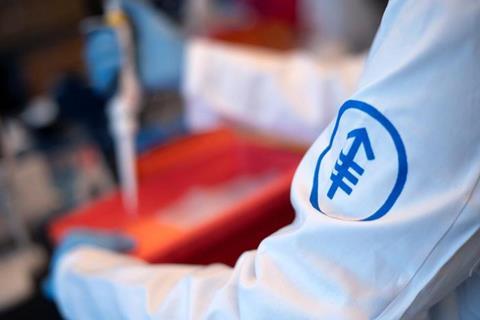Scientists at Memorial Sloan Kettering Cancer Center (MSK) have uncovered a new connection between depletion of gut bacteria caused by antibiotics and the development of autoimmune diseases.

The study, conducted in mouse models, shows that clearance of dead cells — which is necessary for health and the prevention of autoimmune responses — involves not only local signals from within a tissue but also distant signals from other parts of the body, such as the gut.
READ MORE: Study reveals how our body’s immune response to bacterial infections could be ‘hurting’ us
READ MORE: Lupus flare-ups linked to Ruminococcus blautia gnavus blooms in gut
The study looked at mice whose gut bacteria had been depleted by antibiotics and found that immune cells in the abdomen (large peritoneal macrophages) were not clearing out dead cells as well as they should be.
Power of butyrate
When butyrate — a short-chain fatty acid produced by gut bacteria when they breakdown dietary fiber — was given to the mice, it improved the ability of the macrophages to clear out the dead cells. Using a variety of techniques, the team further uncovered key genes and transcription programs involved in the process.
They also found that cell clearance remained impaired for a time after the antibiotics were stopped. The study, overseen by immunologist Justin Perry, PhD, a member of the Sloan Kettering Institute and led by postdoctoral fellow Pedro Saavedra, PhD (who now heads a lab at Northeastern University), also looked at the phenomenon in a mouse model of lupus.
They found mice treated with antibiotics had significantly worse disease symptoms. Overall, the findings suggest that gut bacteria-produced butyrate and its impact on the body’s ability to clear out dead cells may be a key factor linking antibiotic use to autoimmune disease. Read more in Nature Metabolism.







No comments yet